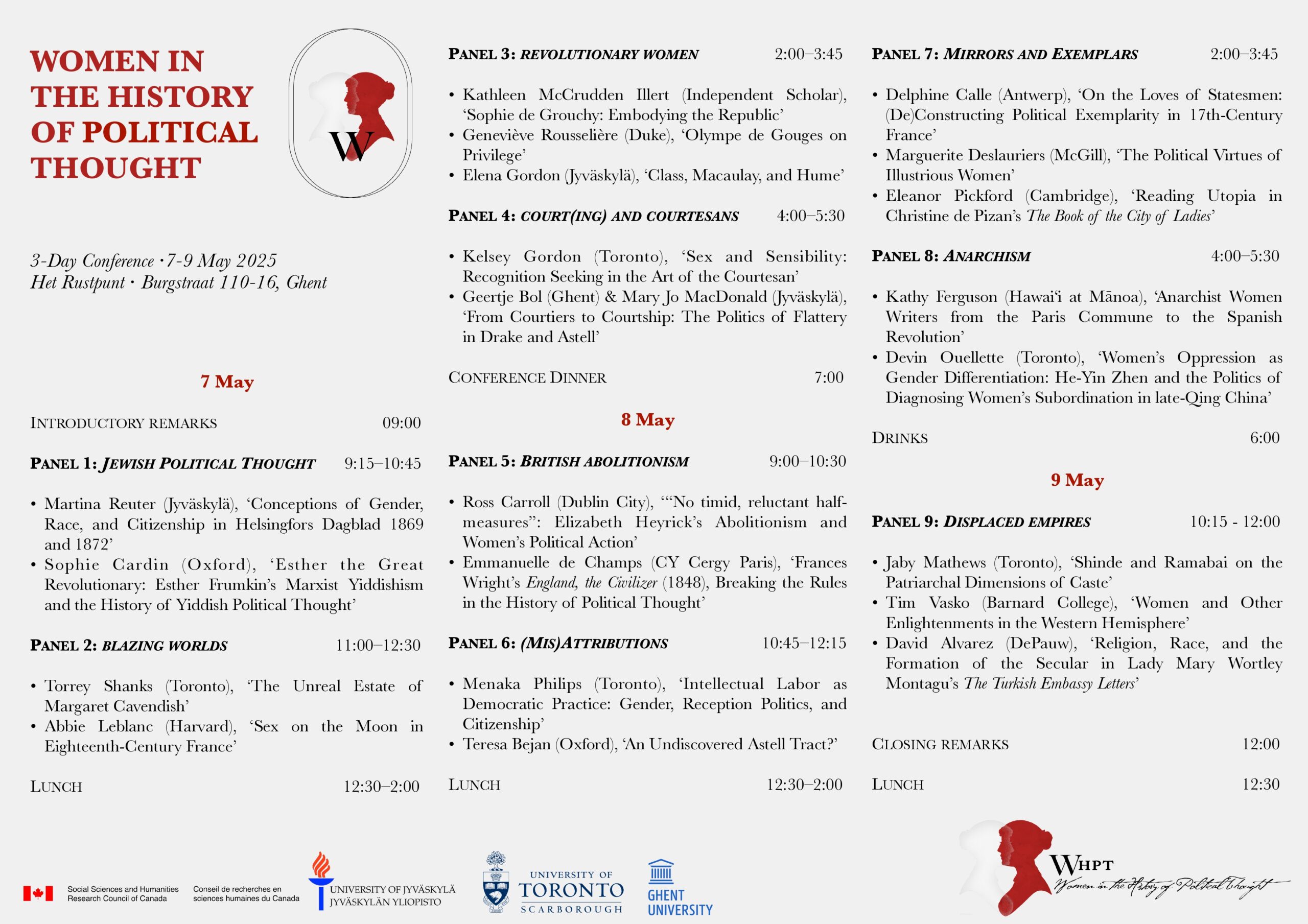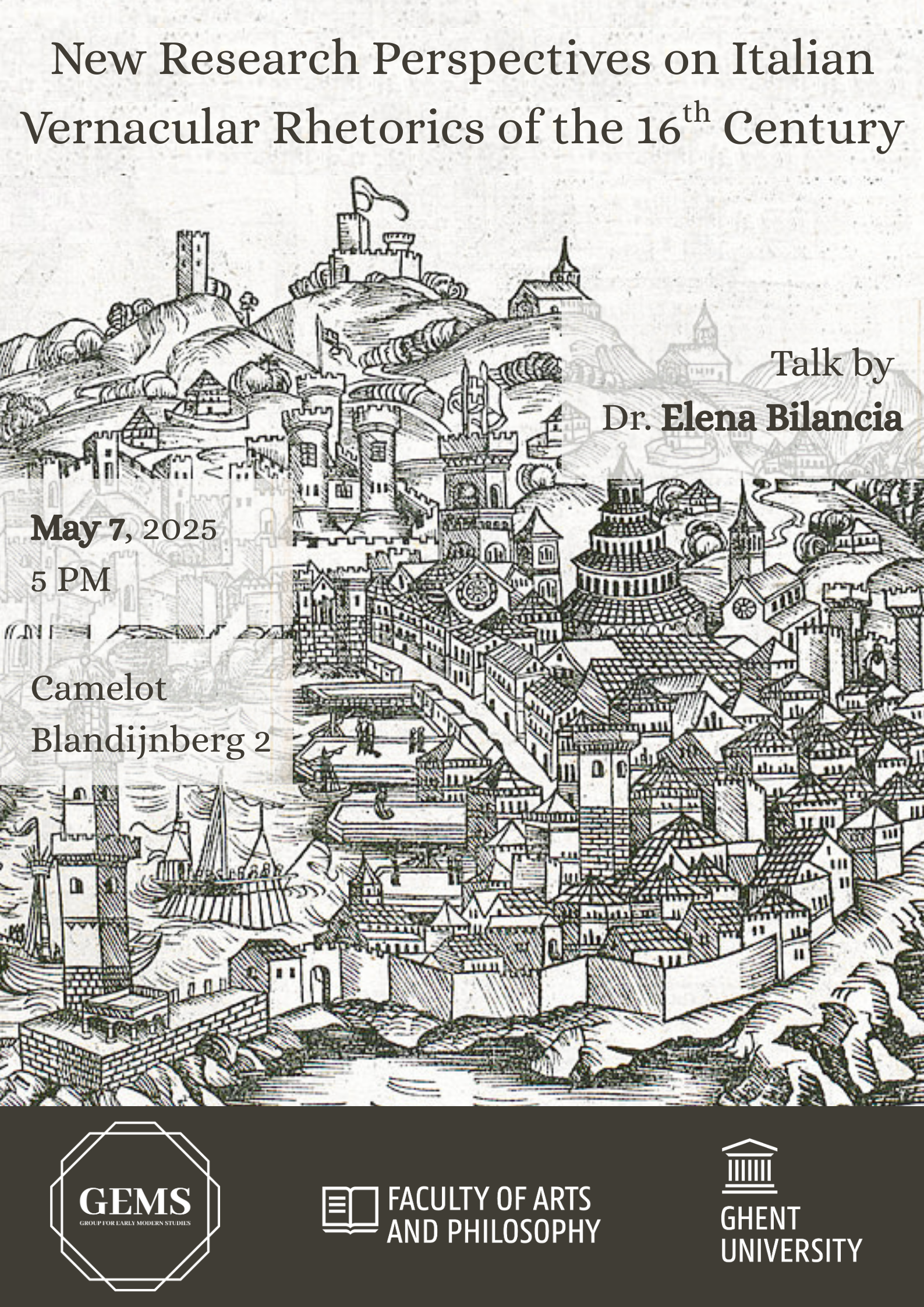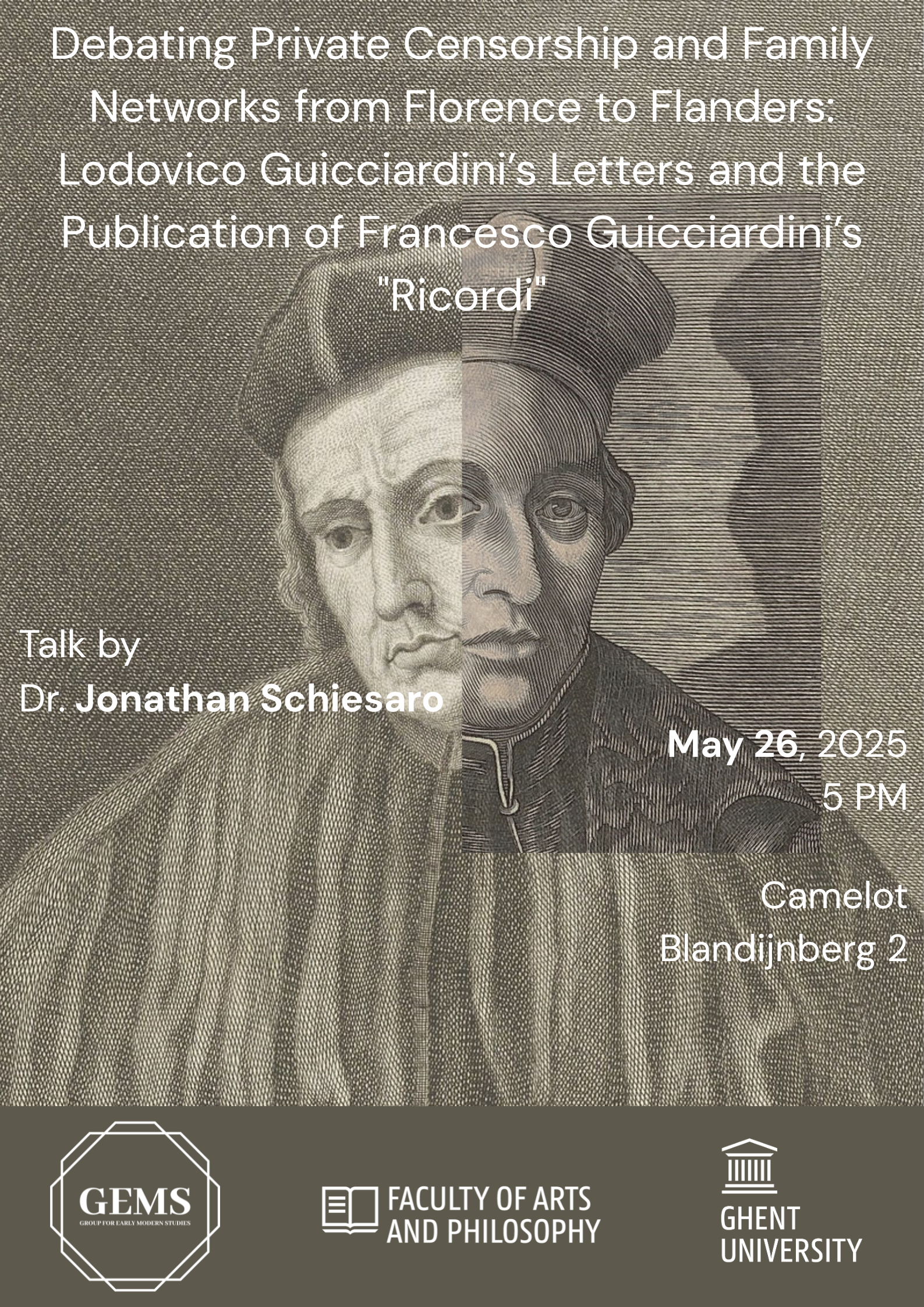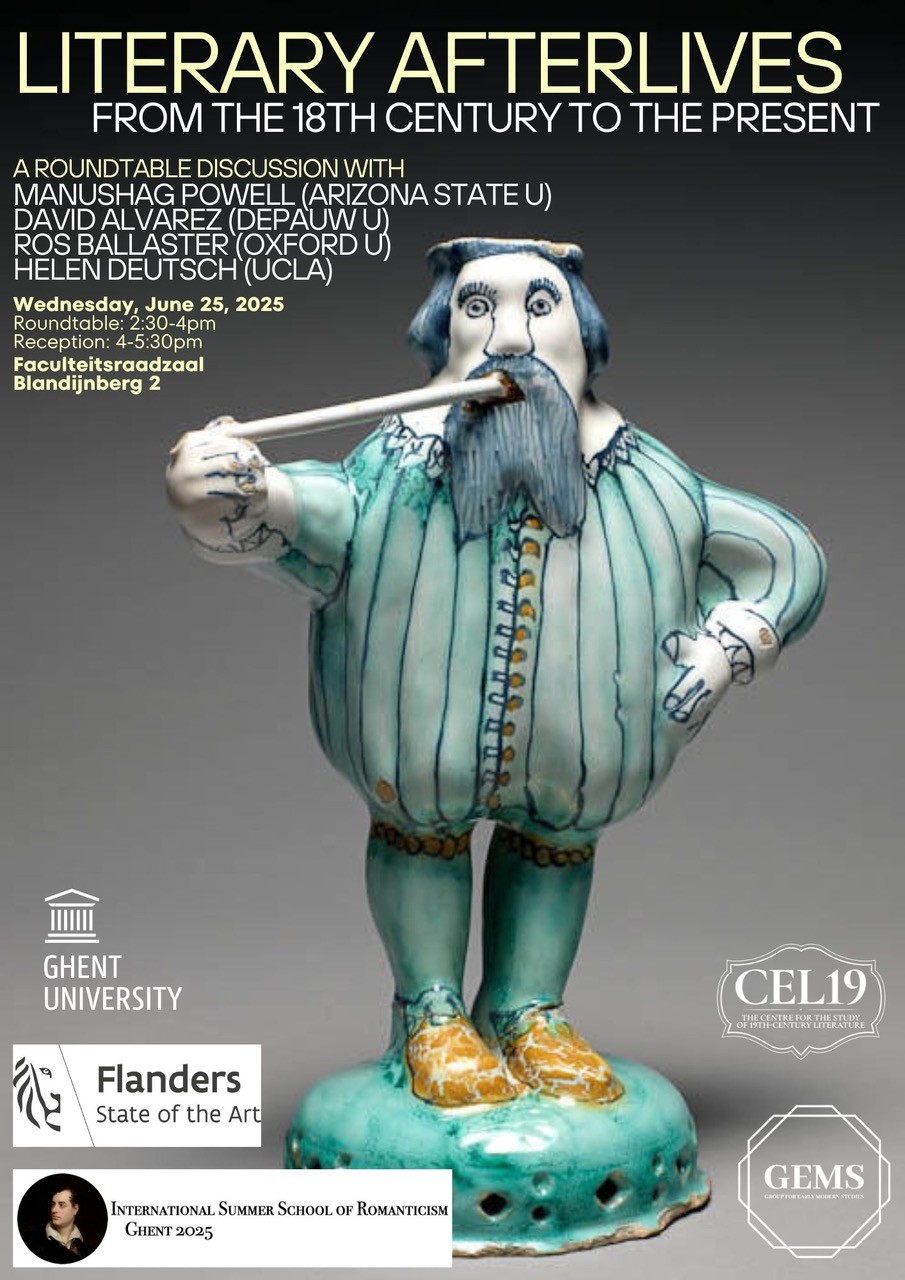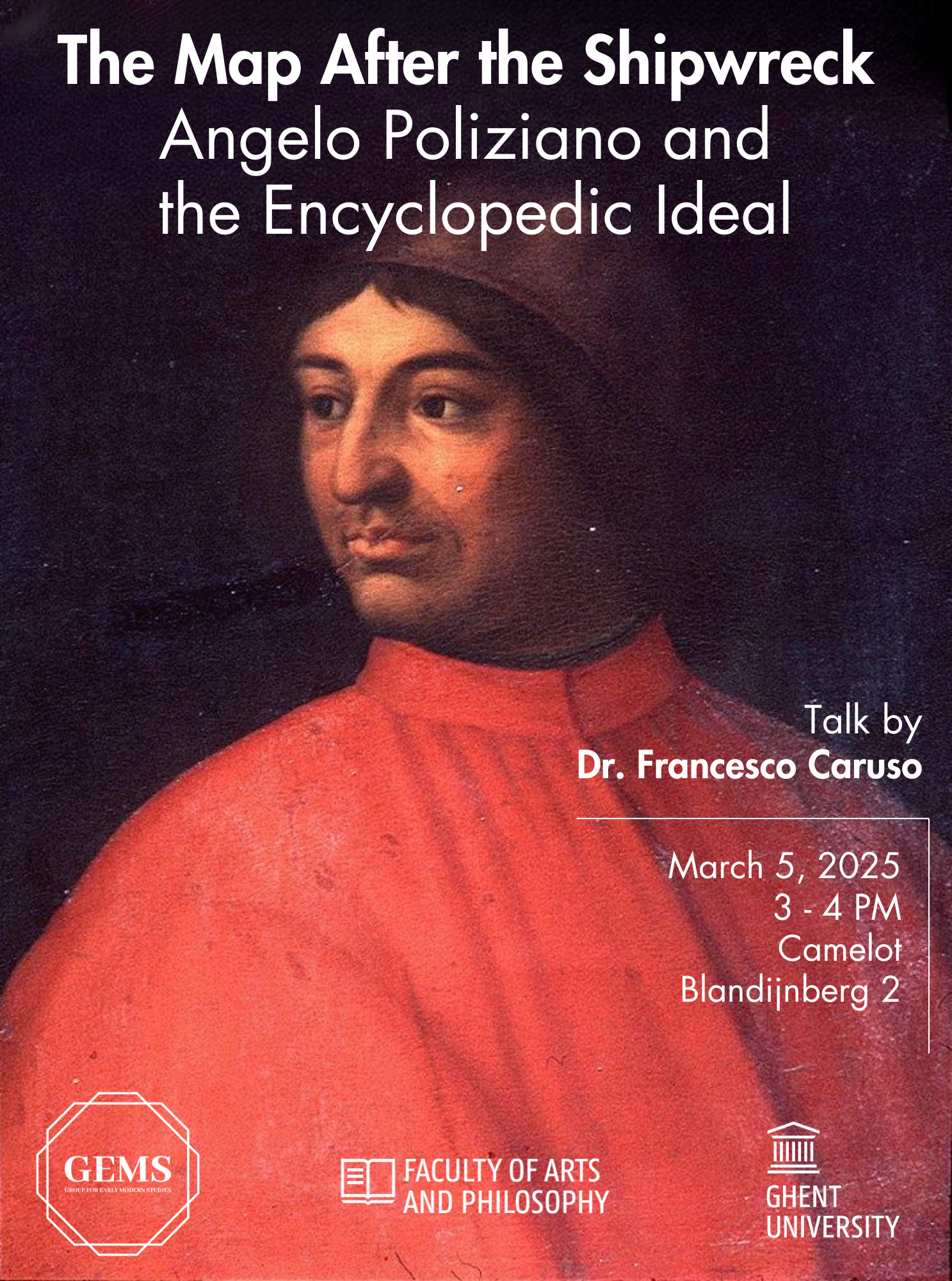On Friday 7 February, Contactgroep Vroege Nederlandse Kunst will visit the exhibition Eeuwige Lente. Tuinen en Wandtapijten in de Renaissance in het Hof van Busleyden Museum in Mechelen and the nearby Koninklijke Manufactuur van Wandtapijten De Wit.
Find the programme below.
Participation fee (incl. coffee and lunch): € 30 per person. There is room for a maximum of 40 participants. You can register by transferring the amount due to NL69INGB0000507640, beneficiary Stichting RKD – Netherlands Institute for Art History, stating “CVNK – Eternal Spring”.
Registration for lunch before 31 January 2025.
This winter, Museum Hof van Busleyden tempers the wait for spring with a lavish exhibition that pays homage to the rebirth of nature. Eternal Spring. Gardens and Tapestries in the Renaissance brings the splendour and magnificence of lush Renaissance gardens to life with imposing tapestries and other art treasures.
In the Renaissance, sumptuous but meticulously ordered gardens affirmed man’s rule over nature. But time, however, demands humility from every gardener. After all, the beauty of a garden is transient and subject to seasonal change. For that reason, artists try like no other to capture nature in artworks, to create an eternal spring. The most remarkable presentations of the lush Renaissance gardens are to be found in sixteenth-century Flemish tapestries. Thanks to their monumental dimensions, the use of precious materials such as gold and silk and the unparalleled knowledge and skill of the workshops, tapestries are the ideal medium to depict the overwhelming splendour of burgeoning nature.
The exhibition Eternal Spring is built around an extraordinary series of tapestries that adorned the Brussels palace of Antoine Perrenot de Granvelle five centuries ago. The tapestries, today part of the collection of the Kunsthistorisches Museum in Vienna, form an allegorical garden that echoes the fascination with antiquity and the ideals of the Renaissance.
The gardens are a reflection of the viewer looking at them and explore the profound relationship between man and nature. How deep is the human desire to shape the natural world? And to what extent do we continue to see nature as a makeable setting? Like a living masterpiece, the renovated gardens of Museum Hof van Busleyden intertwine the exhibition with the outside world.
In addition to the series of tapestries, Eternal Spring shows other masterpieces from the art collection of cardinal and art collector Antoine Perrenot de Granvelle (1517-1586). His unwavering loyalty to Habsburgian power makes him a controversial statesman in the history of the Low Countries. The exhibition features paintings, sculptures, books and naturalia from his collection.
With Eternal Spring, curated by Carlotta Striolo, Museum Hof van Busleyden once again showcases the finest art from the Northern Renaissance. With their colourful textile fibres, the imposing tapestries bring the lush garden views to life, as if spring is forever. The majestic museum gardens outside, where the first blossoming flowers create a colourful scene, complete this enchanting ode to nature.
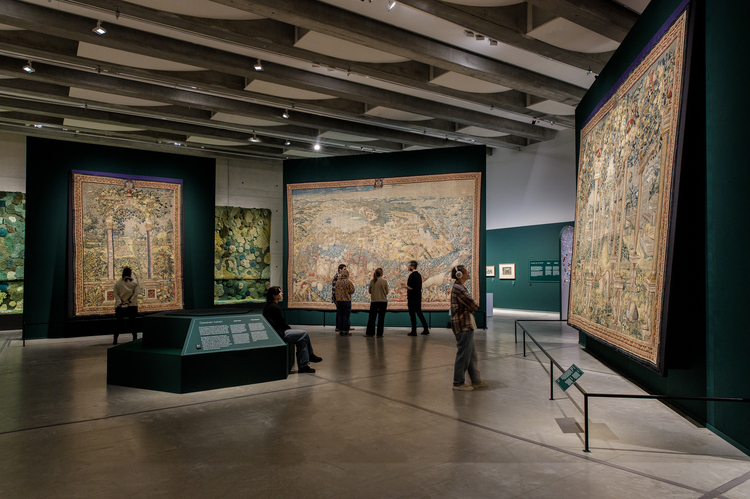
(text and image: Hof van Busleyden: Eternal Spring)
Program:
09:30 – 10:00
Registration (30 min)
10:00 – 10:15
Reception and introduction
Kristl Strubbe (director Museum Hof van Busleyden), Suzanne Laemers (CVNK) and Carlotta Striolo (exhibition curator) (15 min)
10:15 – 10:30
Session 1: Granvelles Garden Gallery in Brussels, a digital view
Krista De Jonge (KU Leuven) and Vincent Vanhamme (KU Leuven) (15 min)
10:30 – 10:35
Q&A (5 min)
10:35 – 10:50
Session 2: “Mogen we uw beker dan niet met recht een spiegel van de natuur noemen?” Granvelle as a collector of art and nature
Tine Meganck (VUB) (15 min)
10:50 – 10:55
Q&A (5 min)
10:55 – 11:10
Session 3: Mechelen, a centre for the development of the Renaissance Garden in the former Low Countries
Odile de Bruyn (15 min)
11:10 – 11:15
Q&A (5 min)
11:15 – 11:30
Coffee break (15 min)
11:30 – 12:30
Guided tour of the exhibition “Eternal Spring” by Carlotta Striolo, curator of the exhibition (1 hour)
12:30 – 13:30
Lunch break (1 hour)
13:30 – 13:55
Walk to manufactuur De Wit (approx. 25 min)
14:00-15:30
Guided tour of manufactuur De Wit (1.5 hours)
15:35 – 15:50
End of the tour

